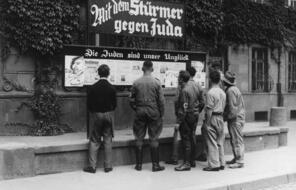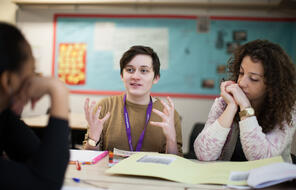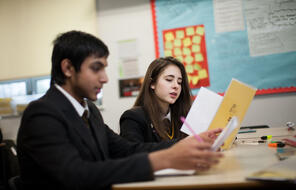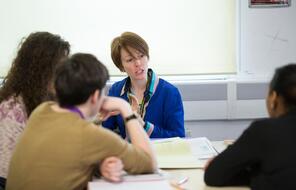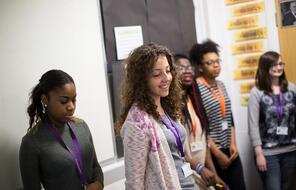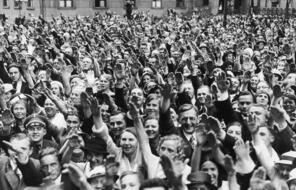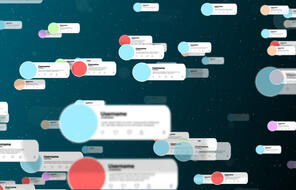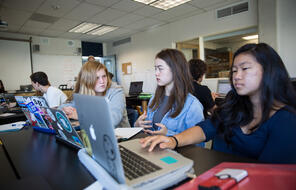Turning Us against Them
At a Glance
Language
English — USSubject
- History
- Propaganda
By 1914, in almost every European country, patriotic symbols were everywhere. Leaders encouraged not only a fierce love of our country but also an even fiercer hatred of theirs. This fervent “we and they” thinking was especially prevalent in France, which still held bitter memories of its defeat by Germany in the Franco-Prussian war of 1870 and its forced surrender to Germany of two of its provinces, Alsace and Lorraine.
Stefan Zweig was a widely read Austrian novelist, poet, journalist, and playwright. In his autobiography, written in 1941, Zweig recalls the day in the spring of 1914 when he visited a theater in a small French town:
First on the screen came a newsreel—“News from All Over the World”. A boat race in England; the people talked and laughed. Then a French military parade, and again the audience took little notice. But the third item was entitled: “Kaiser Wilhelm [of Germany] Visits Emperor Franz Joseph [of Austria-Hungary] in Vienna.” . . . As the old Emperor appeared on the screen, stooping slightly and not entirely steady on his feet . . . , the audience in Tours smiled kindly on the old gentleman with his white side whiskers. Then there was a picture of the train coming in. . . . The door of the salon car was opened, and out stepped Wilhelm II. . . .
At the moment when Kaiser Wilhelm appeared in the picture a storm of whistling and stamping broke out entirely spontaneously in the dark hall. Everyone was shouting and whistling, men, women, and children all jeering as if they had been personally insulted. For a second the kindly people of Tours, who knew nothing about the world beyond what was in their newspapers, were out of their minds. I was horrified, deeply horrified. For I felt how far the poisoning of minds must have gone, after years and years of hate propaganda, if even here in a small provincial city the guileless citizens and soldiers had been roused to fury against the Kaiser and Germany—such fury that even a brief glimpse on the screen could provoke such an outburst. It was only a second, a single second. All was forgotten once other pictures were shown. The audience laughed heartily at the comedy that now followed, slapping their knees loudly with delight. Only a second, yes, but it showed me how easy it could be to whip up bad feeling on both sides at a moment of serious crisis, in spite of all attempts to restore understanding, in spite of our own efforts. 1
Connection Questions
- Propaganda can be defined as the use of information and media to influence public opinion. How would you define “hate propaganda”? How did Zweig see its impact at the theater?
- How do you think crowds can reinforce and escalate strong reactions such as hatred and anger?
- Chapter 1 looked at how society influences an individual. Chapter 2 explored how we so often divide ourselves into “us” and “them.” How is “a love for our country” strengthened by “an even fiercer hatred of theirs”? Why does turning on an “other” help to create a sense of belonging? What examples of this process do you see in this reading? Are there examples in our world today?
- 1Stefan Zweig, The World of Yesterday (New York: Viking Press, 1943), 210–11. Reproduced by permission from Viking Books.
How to Cite This Reading
Facing History & Ourselves, "Turning Us against Them," last updated August 2, 2016.

